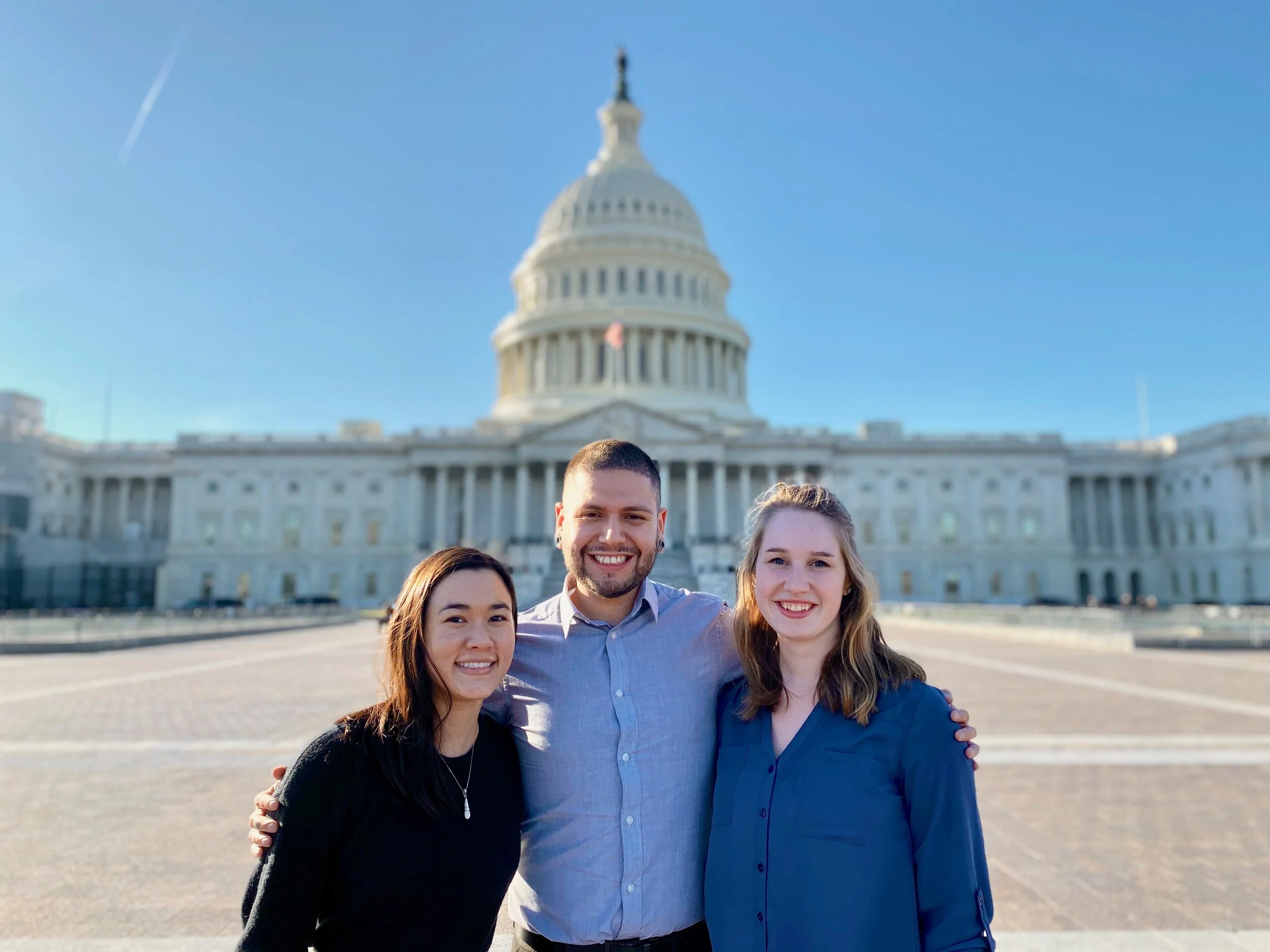FAQs
What is the Center for Public Justice?
The Center for Public Justice is an independent, nonpartisan organization devoted to policy research and civic education. Our mission is to equip citizens, develop leaders, and shape policy in pursuit of our purpose to serve God, advance justice, and transform public life. Shared Justice, which runs The Hatfield Prize, is the Center for Public Justice’s initiative for Christian 20- and 30-somethings.
Who is the prize named after?
The Hatfield Prize is named in honor of the late Senator Mark O. Hatfield, who served as a United States senator from Oregon for three decades, and was known for his principled Christian faith and for his commitment to working across difference to find common ground. Read more about Senator Hatfield here.
What HAPPENS AFTER I SUBMIT MY APPLICATION?
You will receive an email confirming receipt of your application. The Center for Public Justice will review applications and conduct interviews with finalists via Zoom. Award recipients will be notified in December.
Where should my research focus?
Your research should examine a domestic social policy in the context of the community that your campus is located in. This can include a particular town or city in close geographic proximity to your campus, or the county in which your campus is located. For examples, see the “Engage” sections of the 2019 and 2020 reports.
What is the time commitment for the hatfield prize?
The Hatfield Prize requires a significant time commitment from both students and faculty advisors. Applicants should view the time commitment as comparable to that of an independent study. Unlike a report or paper submitted for a class, students will be required to make several rounds of revisions on their reports. Students should also anticipate spending a significant amount of time in the community interviewing relevant stakeholders.
Who is eligible to apply?
To apply, students must be a sophomore, junior, or senior with a GPA of 3.0 or above at a four-year college or university, and must be enrolled as a full-time student in the spring 2023 semester. Students of all majors are invited to apply.
I am a student at a CCCU member school in canada. can i apply?
Unfortunately the scope of this research project is limited to the United States.
Will there be an opportunity to present my research?
The Center for Public Justice will work with students to identify appropriate venues and conferences for presenting their research. Past Prize recipients have presented their research in a variety of settings, including but not limited to: The Christians in Political Science Conference, The Henry Symposium on Religion and Public Life, and the Texas Hunger Initiative’s Together at the Table: Hunger & Poverty Summit.
Questions? Contact Emily Fromke, Program Director of Shared Justice, at emily.fromke@cpjustice.org


















There are many problems plaguing the youth justice system, including faults in the probation system, high levels of recidivism and lack of access to resources for low-income and minority youth. However, one problem that is seldom discussed and has a significant impact on youth is the use of detention centers. The Juvenile Justice Advocates at Howard University are an excellent example of how advocacy can make a difference in the lives of detained youth.